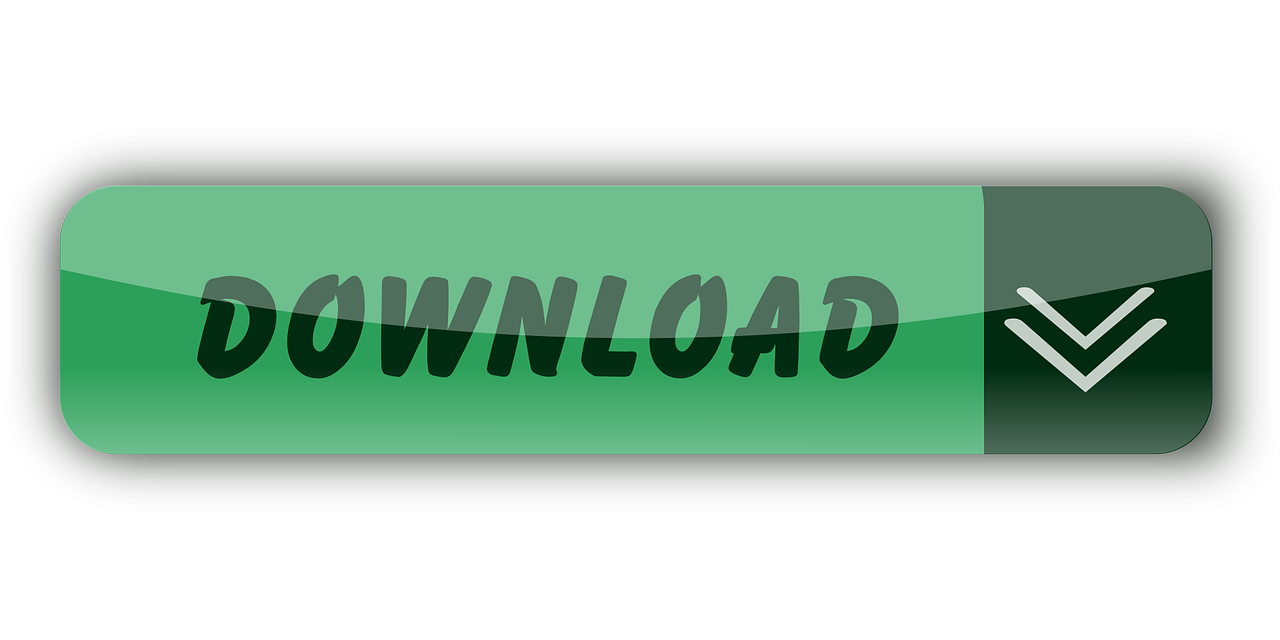What are torrents and trackers?

There is another way to download files. It appeared quite recently, but it turned out to be so popular that copyright owners and legislators (albeit with some delay) sounded the alarm and are trying with all their might to ban this method, and bring those who use it to account. This, of course, is about downloading files using torrent clients.
The word "torrent" is probably familiar to anyone who has worked with a computer at least a few times and was interested in where new movies, games and music files come from. To put it very simply, the principle of a torrent is as follows. Many computers (clients) are combined into a single network and access one central server - but in fact there is absolutely nothing on the server!
Now we will clarify this point. The old principle of downloading was as follows. Imagine: there is a file on a large computer, a small one connected to it and took the file for itself, now the file is on both a small computer and a large one. Yes, it's too simple, but it explains a lot.
But in torrent networks, a completely different principle operates: files are not stored on a large server computer, but on many small computers interconnected. Your computer does not receive the file itself (song, movie, game), but the torrent.
A torrent is information about which computers connected to the network your file is located on. Having received this information, your computer, using a special program, begins to collect the file piece by piece. After you have uploaded the file, you become a participant in the distribution - now all other users who also need this file receive a sign: the right thing has appeared on one more computer! Precisely because there is no central source with "treasures", but only a huge number of small computers interconnected, torrents allow you to exchange information much faster and keep downloads almost constant.
Information about files is stored in special storages - trackers, and programs for downloading torrents are called torrent clients.
Trackers are open (not requiring registration), trackers with free registration and closed, which can be accessed only by special invitations - invites, which you can find at https://invitez.net/education/.
After registration, you get access to the distributions located on the tracker and you can search for anything you want by entering queries in the search bar. If there is a distribution on the tracker that matches your request, the system will highlight it (and several close ones) almost immediately. By downloading files from other users, you automatically become a member of the distribution.
The ratio of downloaded to uploaded is called rating. If you give more than you download (which usually happens when you make your own giveaways and they become popular), your rating goes up, if on the contrary, you download more than you give, it goes down. If the rating drops to 0.5 (the size of the uploaded divided by the size of the downloaded), then the risk that you will be “asked” to leave after a while increases many times over. So you have to take care of the rating.
Some trackers have free, or "gold" distributions, downloading which does not affect the rating in any way. However, it will not work to “cash in” on them either, but sometimes very useful things turn out to be in such distributions.
In just a few years of their existence, torrent networks have managed to inflict such a blow on copyright owners that the latter decided to declare a merciless war on them. In America, for downloading illegal ("pirated") files, you face a huge fine, and in Europe - even a prison. Therefore, it is up to you to decide whether it is worth downloading such files. However, at the same time, no one interferes with studying how download programs work, so that's what we'll do.
- Art
- Causes
- Crafts
- Dance
- Drinks
- Film
- Fitness
- Food
- Oyunlar
- Gardening
- Health
- Home
- Literature
- Music
- Networking
- Other
- Party
- Religion
- Shopping
- Sports
- Theater
- Wellness
- IT, Cloud, Software and Technology


